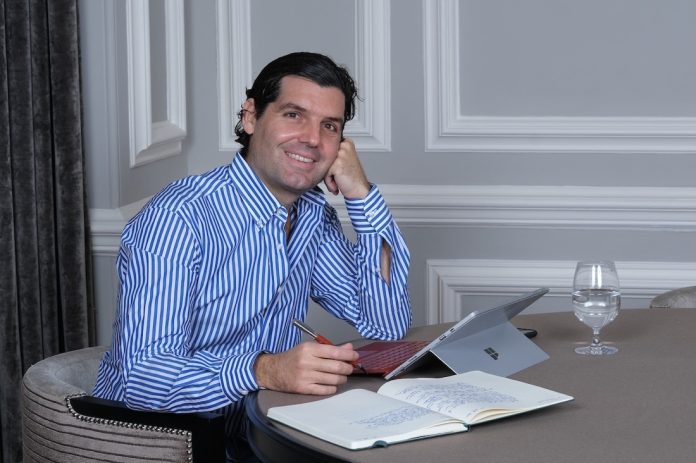Alejandro Betancourt has spent much of his career becoming more aware of how the world is changing. For him, it goes far beyond scanning the headlines. He has committed himself to understanding the forces at play, particularly as it pertains to how new generations relate to the products and services presented to them. For all the flaws of the internet, Betancourt emphasizes that the information out there is a treasure trove if you know how to find it. He discusses what flexibility means to him and why it’s helped him build such an impressive portfolio.
The Rapid-Fire Pace of the World Today
The markets of today reflect not just consumer preference. They reflect everything from global discord to changing success metrics. To be fair, this was always true, but the rate of change was something that Betancourt latched onto immediately. When he considers the importance of flexibility and adaptability, he is adamant about how it’s changed his future.
“I think it’s very important. I think it’s elemental. I believe that you have to understand that the world is changing so fast and with the world of markets, the appetites, the cultures, everything changes. With more technology, there is more adaptation.”
This isn’t a commentary on ‘kids today’, it’s a fundamental shift in how quickly everything is moving. A child in the 1990s was far more likely to know what a rotary phone was, even in an age of cordless technology. The once ubiquitous fax machine has dropped off nearly entirely, to the point where it’s barely mentioned in the zeitgeist today.
On a microcosmic level, you can see this reflected in social media. The ways in which we behave and interact translates to an ever-present need for people to add something to the conversation. “We need to be prepared that everything is changing constantly, and we need to adapt into that.”
Adaptability in The Face of Change
For Betancourt, adaptability has always been at the core of what he does. It’s how he sees which companies are likely to make it in a cut-throat environment. From the outside, it might look like luck. However, there are countless people in the world who would be thrilled to take money from investors, and all of them claim to have the skills to back up their claims. Betancourt has learned to see through the fluff to the reality.
One of Betancourt’s most notable decisions was deciding to back JobandTalent in its earliest stages. Now valued at $2.4 billion, the platform was a nod to how employees perceived their jobs around a decade after the millennium.
As more people moved away from the standard model (e.g., working several decades at the same company), the founders of JobandTalent tapped into the shifting behavior by creating a platform that prioritized the needs of employees as much as it did employers. Today, JobandTalent gives employers the talent they need without the liability, and it gives employees the benefits they want even if they’re going to take contract gigs.
Betancourt was impressed with the founders’ ability to work through challenges to rise to the next level. He also saw that the founders were responding to, in many ways, an emerging need . They were looking forward rather than looking laterally or behind. It was this mindset he bet on, and he’s ultimately glad he did.
You can see Betancourt’s adaptability throughout his professional life. When Uber and Cabify started making headlines, he founded Auro Travel to acquire the licenses the companies would need to operate. He’s also more than willing to pitch in and lend a hand, as seen when he was working with sunglasses company Hawkers around 2015. With Betancourt’s help, they were able to turn their sales around and build profit margins that would make any investor sit up and take notice. Betancourt recommends the same mentality to anyone who wants to future-proof their career and put it on the right trajectory.

































































